My first career was in management consulting and high-tech marketing, and for the 20 years that I was in that line of work, I spent a lot of time and energy trying to hide my hearing loss. I faked my way through some meetings, pretending to hear people speaking at the other end of the conference table, when in reality their words were unintelligible. I wore my hair long, over my ears, to hide my hearing aids. I cringed whenever my aids squeaked with feedback, fearing someone might guess my secret.
This article first appeared in Hearing Loss Magazine, September/October 2014. Copyright © Hearing Loss Association of America.
Check out the full issue for the cover story: Nancy M. Williams’ interview with Barbara Chertok, “Music to My Ears.”
Sometimes my policy of hiding my loss required an actual sleight of hand. Once when I was interviewing for a new job, while I was waiting outside the hiring executive’s office, the battery in my right hearing aid went dead. Without missing a beat, I deftly pulled a fresh battery out of the pack, inserted it into the aid, and fitted the aid back into my ear just before the executive walked out of his office to greet me.
For years I used to crow about that battery story to close friends and family, as though I were a female James Bond who had narrowly escaped detection. Looking back now, I see in that story something that was sad. Those years when I denied my loss, to others and even to myself, I was in a sense splitting off a part of myself.
Now I am in my second career, as a writer, a speaker, and a performing amateur pianist. My hearing loss does not define me but it is a fundamental part of my identity. When I’m in a situation where I can’t hear, I generally tell people about my hearing loss. Often times the accommodations I need are easily achieved—a questioner removing his hand away from his lips, my moving up to the front of the room during a presentation or closer to the speakerphone during a conference call.
Still, it has only been about three years since I’ve gone public, if you will, and often admitting my hearing loss to people is difficult. Some react to my news with a barely concealed horror, as though I’ve just reported that my house was engulfed by a tsunami (especially horrifying since I live inland in New Jersey). Other times the difficulty comes from within: I worry people will question how I can perform the piano if I hear, not their rich analog world of sound, but rather digital sound piped through my aids. I worry they will question how I can interpret classical piano music if the top two octaves on the piano sound different to me than they do to people with normal hearing.
But the fact is that although I have a hearing loss, I have a “listening profit.” Like many people with a hearing loss, I listen more keenly, more attentively, even passionately. My piano teachers report that my strength as a pianist is my musicality, my ability to hear the music within and to transmit that internal song into sound by way of piano keys. I like to think that every time someone is moved by my playing, I chip away a tiny part of society’s stigma against hearing loss.
The stigma against hearing loss is real, but so too is our need to hear. We need to speak up, in one on one conversations with co-workers, explaining our situation and specifically what we need. Looking back on my 20-year business career, I wish that I had informed my boss and my co-workers about that undeniable part of my identity. I might have found work less stressful and experienced more peace within.

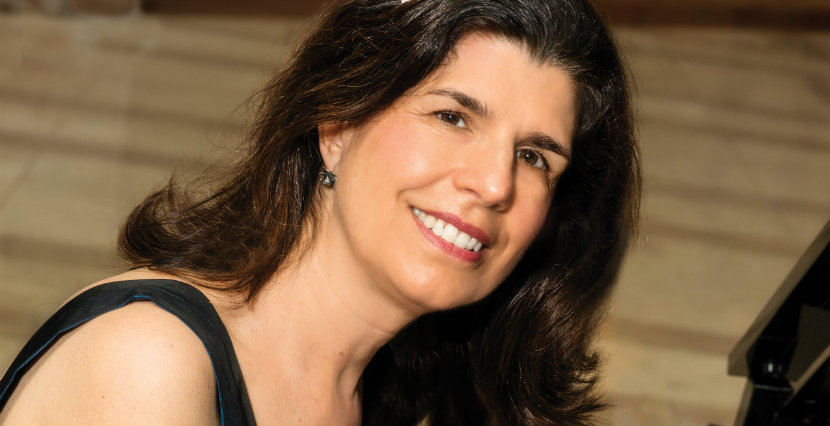
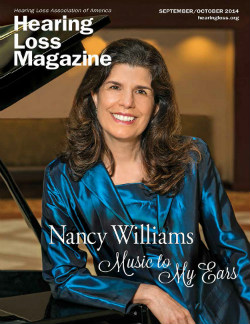
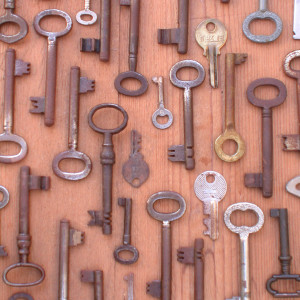
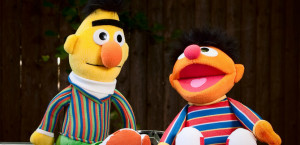
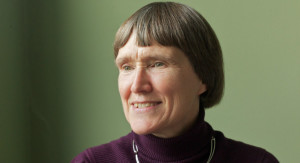
Hi Nancy! I really enjoy reading your posts and have nominated you for a One Lovely Blog Award. Please see all the details here. http://wp.me/p51Zny-1a
Thank you for the recognition, and some great articles on your blog for hot yoga aficionados!
Hi Nancy. What a well written piece that I can relate to in so many ways except I don’t have any musical talent ! I hid my hearing loss (or thought I did for many years) and then I became more open about it. This worked for a short while but in reality I found it harder as I just got more frustrated that I had shared it with people , explained how they could help me but no matter what they did it was not sustainable in today’s work environment. So I have decided to change my career seeking out employment where I am not confronted by large meetings , open plan offices , conference calls and webexes and interactive management forums & phone calls.I don’t think you missed out on not being more honest with your boss and co workers as I actually think they are quite limited in how they can help & if we are honest everyone has their own share of problems and stresses that they need to take care of. I have tried to be an ambassador for changing things at work to recognize that people need accessibility but in a corporate environment I think people expect an instant technological fix . the good news is that technology is advancing so fast that i can see a world that will be very different and mor accessible in a few years time.
Thanks so much for your thoughtful comment. I agree that there are some careers that work better than others for those of us with hearing loss. And sometimes, regardless of the industry, some company cultures are better than others at adapting. I’m doing some consulting right now, and the company CEO has a nephew with hearing loss. He doesn’t mind repeating himself on occasion, and everyone else follows his lead. I hope that your search for a new environment goes well. And I completely agree that the technological leaps give us all so much hope!
Thanks so much for your thoughtful comment. I agree that there are some careers that work better than others for those of us with hearing loss. And sometimes, regardless of the industry, some company cultures are better than others at adapting. I’m doing some consulting right now, and the company CEO has a nephew with hearing loss. He doesn’t mind repeating himself on occasion, and everyone else follows his lead. I hope that your search for a new environment goes well. And I completely agree that the technological leaps give us all so much hope!
I would love to know how you got started performing as an amateur pianist. Could you share some of this information with us? Are there groups with hearing loss that Play? that’s something I’d really like to join if there are any around…. that you may know of.
Holly, in this essay, I share my story about how I reclaimed my passion for the piano. https://grandpianopassion.com/2013/04/02/deserting-the-piano/
Performing came slowly over time–you might want to check out our articles on performing.
https://grandpianopassion.com/category/practice/piano-performance-tips/
The best way to tap into groups of musicians with hearing loss is to join the AAMHL, founded by Wendy Cheng. The Facebook group is active.
http://www.aamhl.org/joomla15/